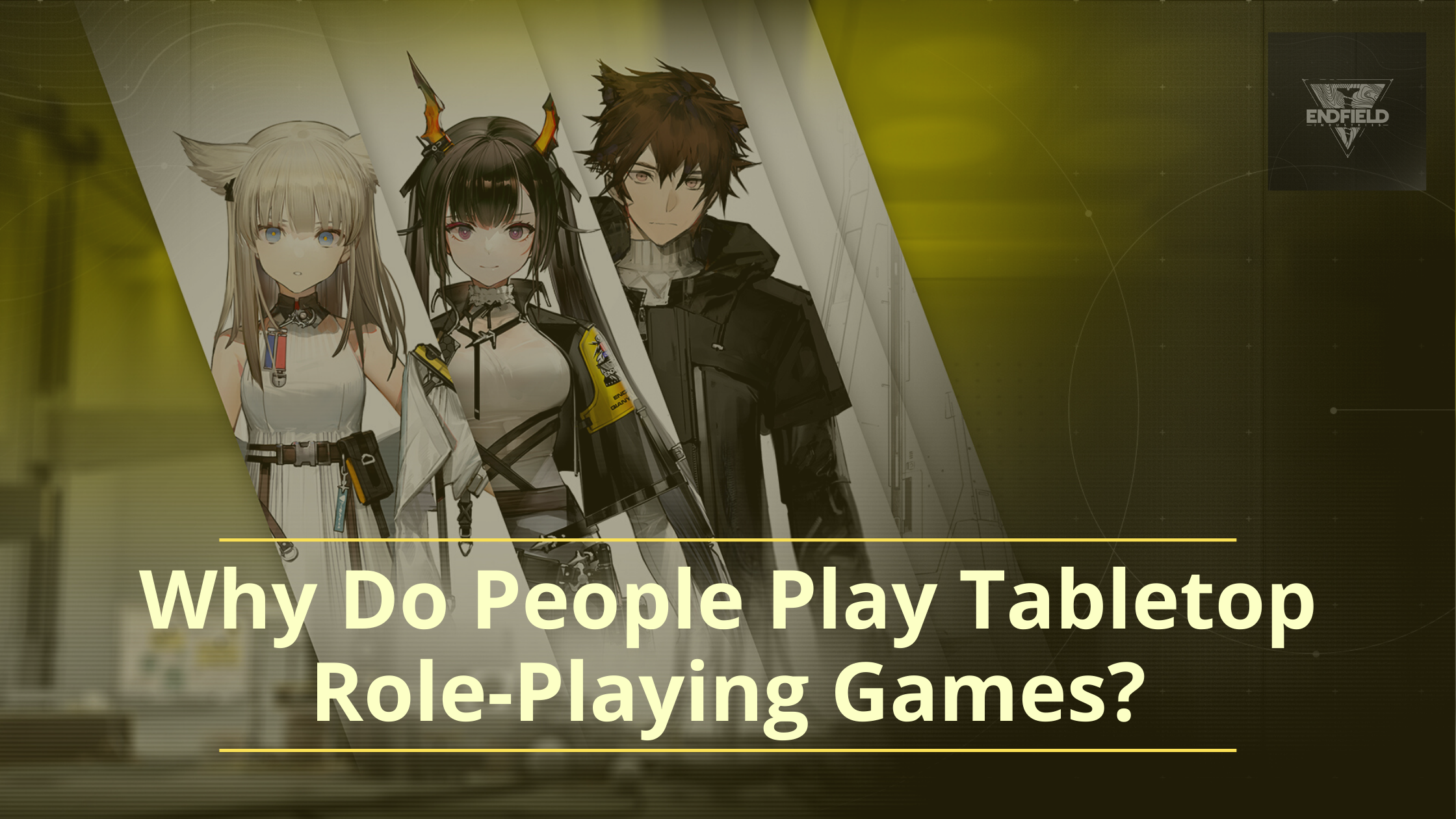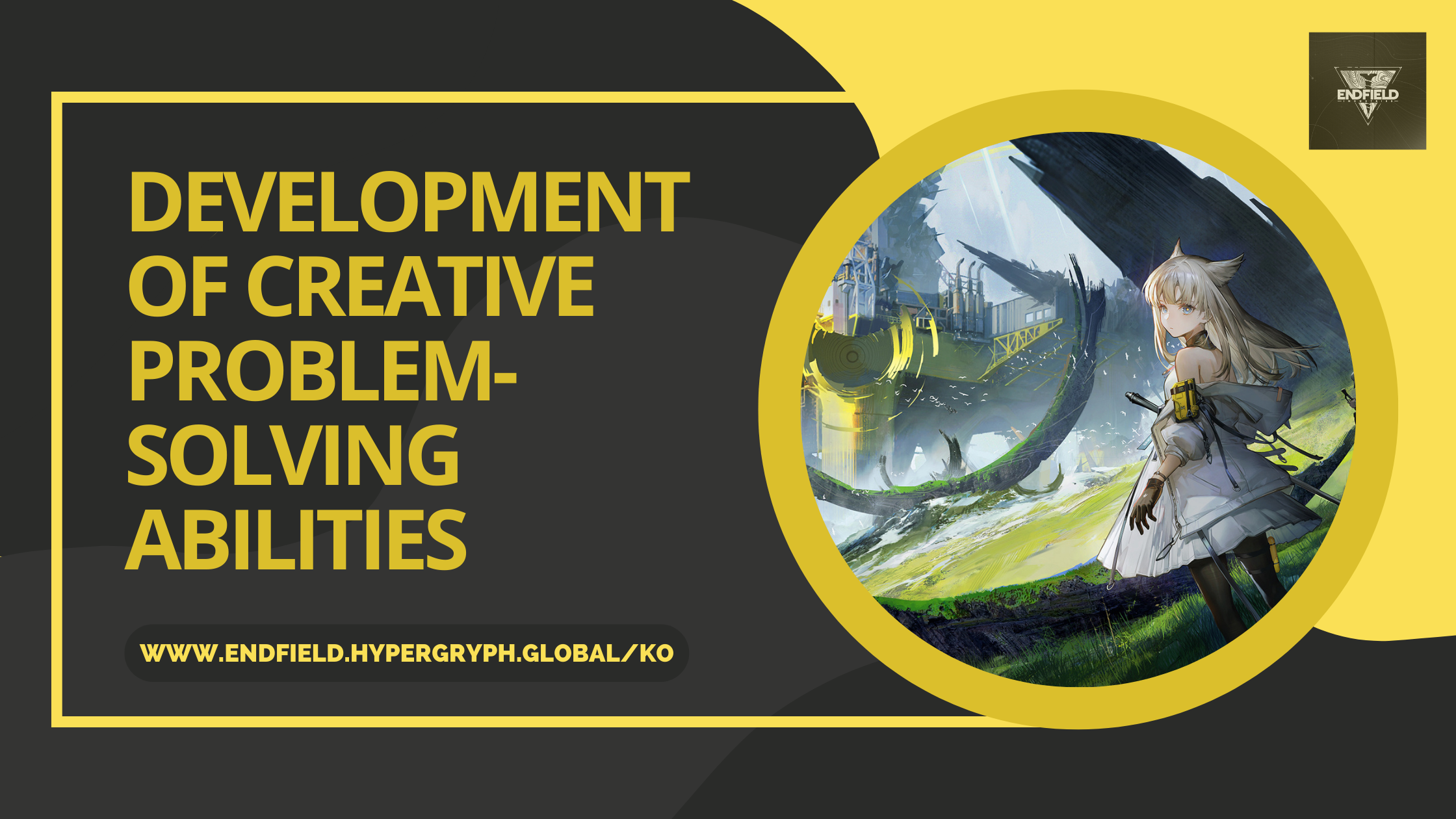Why Do People Play Tabletop Role-Playing Games?

To help teens, adolescents, and emerging adults grow more confident, creative, and socially capable, we use tabletop role-playing games like 명일 방주, Myungil Ark 2, Myungil Ark Endfield, etc.
The advantages of tabletop role-playing games are numerous, and they become even more advantageous when facilitated by a professional. Here are the top two advantages of playing role-playing games.
Perspective-Taking
The technique of picturing what the world looks like through the eyes of another person is known as perspective-taking, and it is an extremely valuable life skill since it teaches us how to relate to others. We can predict, comprehend, and appropriately respond to other people's behaviors, as well as choose our own behaviors with a knowledge of how they will be viewed when we have the ability to take other people's perspectives. Taking a different perspective allows us to better interpret nonverbal communication and become more self-aware.
The concept of "theory of mind," which is a developmental milestone in childhood when we discover that our thoughts, feelings, and judgments are distinct from those of others, underpins perspective-taking.
Before they develop a theory of mind, youngsters assume that others are aware of their thoughts and feelings. Though even neurotypical adults struggle to remember not to take it personally when a clerk is unpleasant, or someone cuts us off in traffic, theory of mind and perspective-taking skills develop over time. Don't they realize we have an essential meeting?
Fortunately for us, most role-playing games like Myungil Ark 2, 엔드 필드 , etc., include perspective-taking. Each player takes on the role of a character with a distinct background and set of life experiences than themselves, which means the character's thoughts, feelings, and judgments are also unique.
Development of creative problem-solving abilities

Tabletop role-playing games allow players to come up with new solutions to overcome obstacles because they are situated in an open universe. There are several ways for a group of adventurers to gain access to the inner sanctum of a fortress.
They can masquerade themselves as royal guards by stealing uniforms, sneaking in late at night, fighting their way into the front door in heroic combat, pretending to be a group of wandering minstrels, and so on.
Tabletop role-playing games, of course, allow players to set goals, formulate plans, and carry them out to the best of their abilities. When things don't go as planned, it challenges players to adjust. When the players' guard disguise is found, the late-night cleaning team is in the chamber, the castle door is barred, or the monarch despises musicians, what do they do?
Of course, the number of creative problem-solving opportunities depends on the nature of the role-playing game and the game master who is designing and facilitating the experience.


Comments
Post a Comment